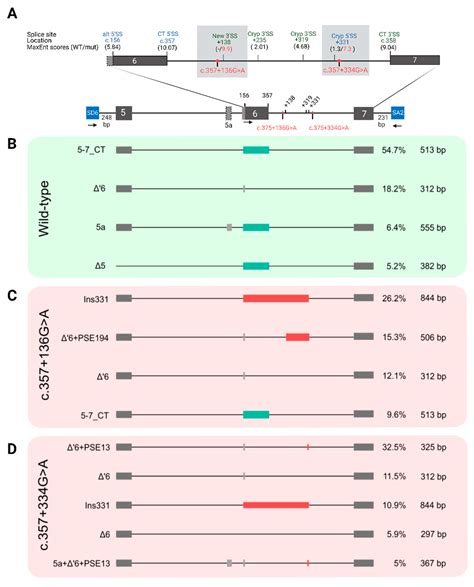10+ Pathogenic Variant Insights To Understand Results

Genetic testing has become a crucial tool in understanding the underlying causes of various diseases. With the advancement of technology, it is now possible to identify specific genetic variants that can increase the risk of developing certain conditions. In this article, we will delve into the world of pathogenic variants, exploring what they are, how they are identified, and what they mean for individuals who receive a positive test result.
Understanding Pathogenic Variants

Pathogenic variants refer to specific changes in the DNA sequence that can lead to the development of diseases. These variants can be inherited from one’s parents or can occur spontaneously due to environmental factors or errors during DNA replication. Genetic testing can help identify these variants, providing valuable insights into an individual’s risk of developing certain conditions.
Types of Pathogenic Variants
There are several types of pathogenic variants, including single nucleotide variants, insertions, deletions, and copy number variants. Each type of variant can have a different impact on the development of diseases. For example, single nucleotide variants can affect the function of a specific gene, while copy number variants can lead to the duplication or deletion of entire genes.
| Variant Type | Description |
|---|---|
| Single Nucleotide Variant | A change in a single nucleotide in the DNA sequence |
| Insertion | The addition of one or more nucleotides to the DNA sequence |
| Deletion | The removal of one or more nucleotides from the DNA sequence |
| Copy Number Variant | A change in the number of copies of a specific gene or region |

Interpreting Pathogenic Variant Test Results

Receiving a positive test result for a pathogenic variant can be overwhelming. However, it is essential to understand that a positive result does not necessarily mean that an individual will develop a disease. Penetrance and expressivity are two critical factors that influence the development of diseases. Penetrance refers to the likelihood of developing a disease, while expressivity refers to the severity of the disease.
Factors Influencing Disease Development
Several factors can influence the development of diseases, including genetic modifiers, environmental factors, and lifestyle choices. Genetic modifiers refer to other genetic variants that can affect the expression of the pathogenic variant. Environmental factors, such as diet and exposure to toxins, can also impact the development of diseases. Lifestyle choices, such as exercise and smoking, can also play a role in determining the risk of developing certain conditions.
- Genetic modifiers
- Environmental factors
- Lifestyle choices
Managing Pathogenic Variant-Related Risks
Individuals who receive a positive test result for a pathogenic variant can take steps to manage their risk of developing certain diseases. Surveillance and preventive measures can help reduce the risk of developing diseases. Surveillance refers to regular monitoring for signs of disease, while preventive measures refer to actions taken to reduce the risk of developing diseases, such as lifestyle changes or medication.
Strategies for Risk Reduction
Several strategies can help reduce the risk of developing diseases, including lifestyle modifications, medication, and surgery. Lifestyle modifications, such as a healthy diet and regular exercise, can help reduce the risk of developing certain diseases. Medication can also be used to reduce the risk of developing diseases, while surgery may be necessary in some cases to remove affected tissues or organs.
- Lifestyle modifications
- Medication
- Surgery
What is a pathogenic variant?
+A pathogenic variant refers to a specific change in the DNA sequence that can lead to the development of diseases.
How are pathogenic variants identified?
+Pathogenic variants are identified through genetic testing, which can help detect specific changes in the DNA sequence.
What does a positive test result mean?
+A positive test result means that an individual has a pathogenic variant that can increase the risk of developing certain diseases. However, it does not necessarily mean that the individual will develop a disease.

